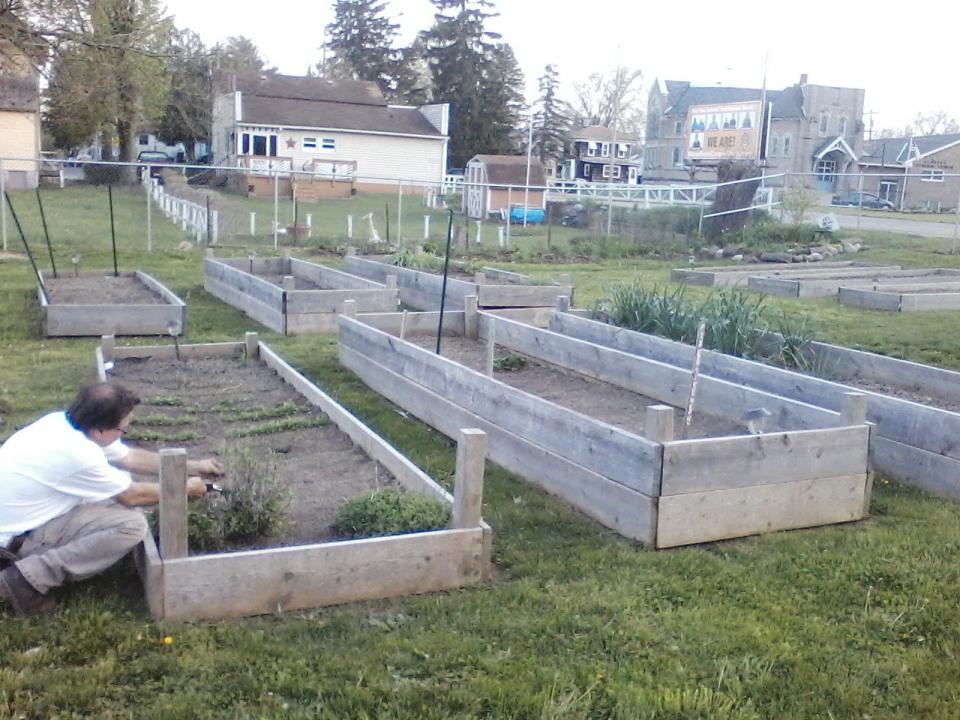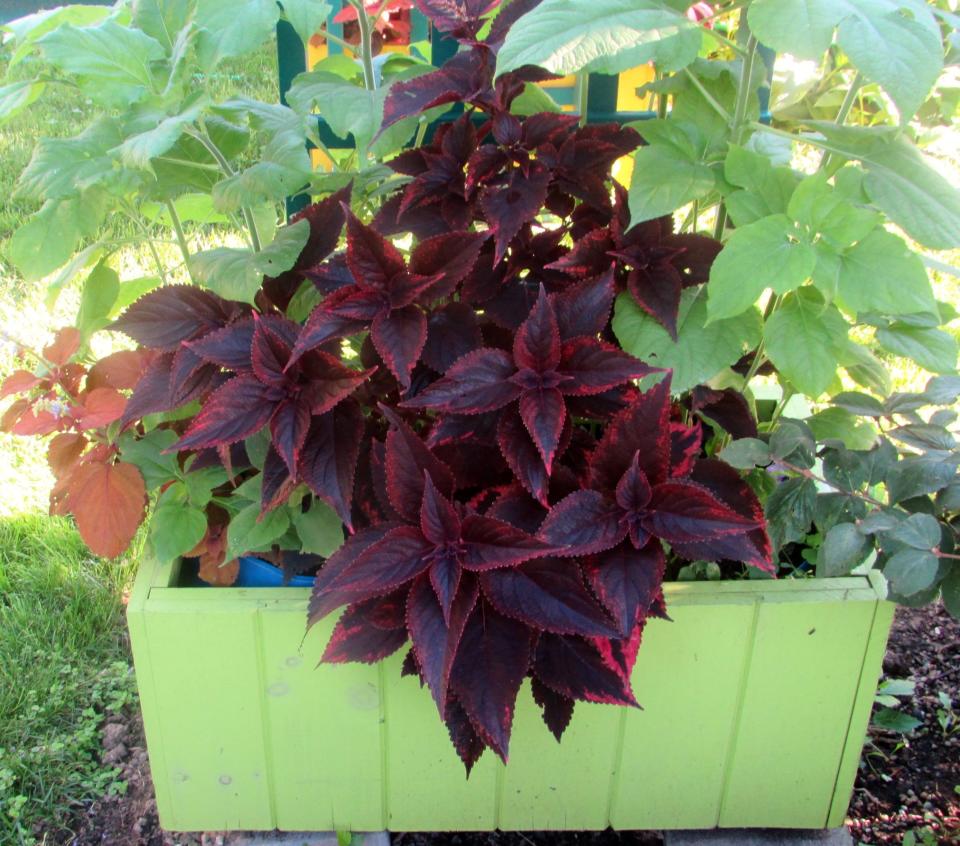A Stroll Through the Garden: The benefits of raised garden beds
A few years ago, I was on the phone with one of my friends from church and we were talking about becoming a vegetarian. I’m not there yet, but I’m working on it. There are good things and bad things that are connected with both. One thing that I do know is that there is a settlement in California called Loma Linda where there is a significant number of centenarians. The thing is that most of these centenarians are also vegetarians. This concentration of centenarians and vegetarians are not coincidental. Eating healthy vegetables and limiting meats of all forms is referred to as the Eden Diet in a U.S. Money report from 2013. The results are significant for this study in that these vegetarians live more than a decade longer than most of us.
I was walking at the pool recently and had this question pop up. A couple said their daughter is having some success with growing her garden with raised beds, and they asked whether I have had some experience using them. Here are some quick benefits of having a raised bed: Easier on a gardener’s back, looks nicer later in the season, fewer pest invasions, improved drainage, fewer weeds, better soil temperatures and earlier planting time, can be either a permanent or temporary garden, and less of a chance for soil contamination. In conclusion, I have recommended raised bed gardens for most of the vegetable lovers I know for many of the reasons mentioned.

My friend from a few years ago said to me that he really did not like the offerings of vegetables that he would usually see on the store shelves. I did agree with him to a point. What I did was recall a World Health Organization study that was done and pointed out that there was a significant difference between organically raised vegetables and fruit verses conventionally raised produce. If you are looking at an organically raised vegetable, you will have a wide source of nutrients as compared to a conventionally raised produce. In other words, the conventionally raised produce probably did not have the trace nutrients we all need in our diets. That means a wise person may look at alternatives of going to the market if you can’t find organically raised produce signs on the items you would want to buy.

When we were installing some raised beds a few years ago at the North End Community Improvement Collaborative in Mansfield, we all noted many benefits the first few years that we were there. The beds had excellent garden soil, organic matter and soil amendments. The soil remained light and aerated because no one walked on the soil. The soil was not compacted and did not need tilling. While we worked in that parking lot, we had the freedom of adding the soil, rich organic material, compost, and soil additives that would produce the food that we would want. Keep in mind that the soil settles, and plants will deplete the nutrients, which means that you will be adding fresh soil to the raised beds regularly.
Because the soil has been enhanced and enriched in nutrients, plant density can be increased and you will have a higher plant-to-soil ratio. Since you don’t walk in the beds, you don’t need a walk between rows. The challenge is that you need to lean over the beds in order to care for the plants, which means that the length of your arms will determine how well you can care for the plants. More vegetable plants will also mean more shade on the soil and fewer weeds.

When you pick up most seed packets you will see that the plant you are putting in your raised bed does best in well-drained soil. Raised beds are generally elevated, which means that the soil drains more rapidly than level beds. In most raised beds you will find rich, well-draining medium, unlike our heavy clay soil here in Ohio where we range from some clay to needing a pick, spud bar, and a stick of dynamite to turn the soil. Keep in mind your raised bed will probably need more watering than your ground level bed unless you have a partial liner like I recommend.
Moles, voles and chipmunks are controlled better with raised beds. These soil dwellers have a harder time getting through the wood and chicken wire that line the bottom of the bed. If you make a frame with wood to fit the hole in the bottom of the liner with the chicken wire in the middle of the frame, you can then secure the plastic liner to the edge of the frame. By doing this you can have a small reserve in the bottom of the bed and provide water for the roots as needed. Rather than spraying each plant individually for insect pests you can spray around the bed and control certain insects. With the raised bed you can install bird netting or insect netting over the top of the beds or other exclusion fabrics for insects. Overall, pest control is the easiest with raised beds.

This year as you are planning your own gardens you really need to consider raised beds, which is what my friends were doing as we talked in the pool. Hope your New Year is a happy one. As you stroll through your gardens and see some challenges, let me know. I shall help as much as I can, drop a line to me at ericlarson546@yahoo.com. Soon I shall be back at ohiohealthyfoodcooperative.org. Thank you for participating in our column.
Eric Larson of Jeromesville is a veteran landscaper and gardening enthusiast and a founding board member of the Ohio Chapter of Association of Professional Landscape Designers.
This article originally appeared on Mansfield News Journal: The benefits of raised garden beds

